As the year wraps up, travel season kicks into high gear! Travelling to your favourite destinations can be exciting, but ensuring your health is a top priority for a safe and stress-free trip. Before you pack your bags, be sure to book your travel vaccination appointments!
What Are Travel Vaccines?
Travel vaccines are usually immunisations to shield travellers from some region-specific infections common in the travel destinatios. Depending on where you’re headed, multiple vaccines may be recommended.
How Do Vaccines Work?
Vaccines work by mimicking an infection to stimulate the body’s natural immune response.
The active ingredient in all vaccines is an antigen, which is the substance that cause the immune system to produce antibodies. The antigens in vaccines can be weakened or killed microorganisms, treated bacterial toxins, or surface material of the infection-causing organisms.
As vaccination introduces a minimal quantity of antigens, the body detects the foreign substance and activates the immune system. This helps your body produce antibodies, which act as defense soldiers, ready to fight off real infections. Immunity typically develops over a few weeks.
Vaccinated individuals are less likely to fall ill or experience severe symptoms, making vaccines an essential travel companion.
5 Travel Vaccines To Know For Your Next Travel
There are various types of travel vaccines to curb potential infections such as influenza, yellow fever, hepatitis, and Japanese encephalitis (JE).
Here, let’s delve into the top 5 travel vaccines each globetrotter should consider getting before travelling.
1. Influenza vaccine
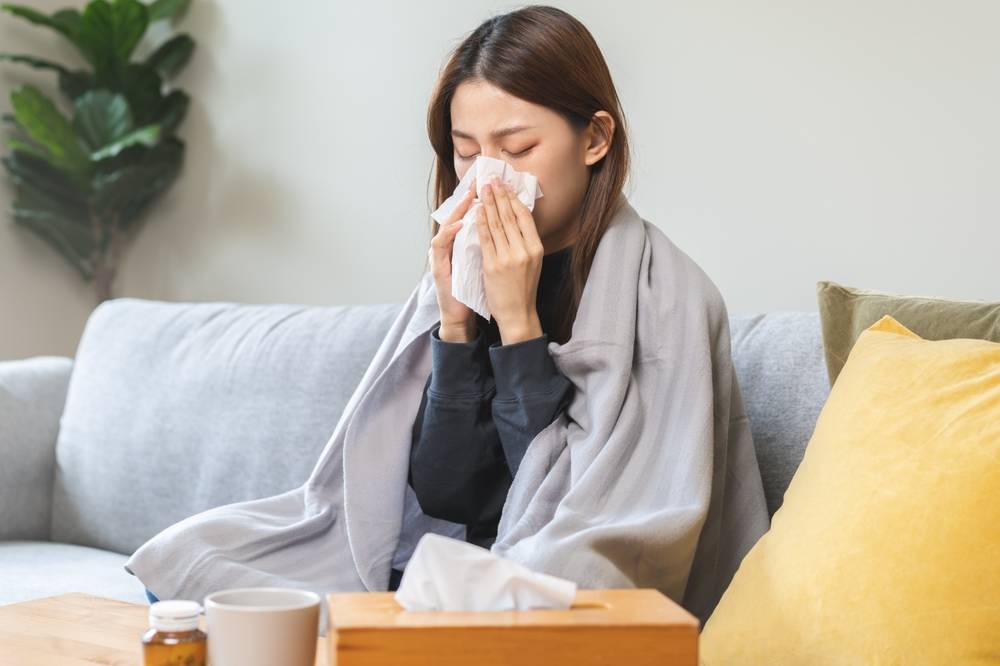
Influenza, also commonly known as flu, is a highly contagious airborne respiratory illness. It can spread easily through respiratory droplets when an infected person sneezes or coughs into the air, or via contact. The typical symptoms of influenza include fever, runny nose and cough.
Influenza occurs in most countries. Influenza tends to spread throughout the year in tropical countries like Southeast Asia, while it often peaks during winter in temperate countries like Japan and Europe.
Given as a single dose annually, influenza vaccine needs at least 2 weeks to develop the immunity. Get vaccinated annually, at least 2 weeks before travel, for maximum protection.
Who Should Take the Vaccine?
- Frequent travellers
- Pregnant women
- Individuals with underlying health conditions, e.g. heart issues, diabetes, asthma
- Individuals with a weakened immune system, e.g. on immunosuppressants
- Elderly individuals over the age of 65
Read more: Flu Vaccine Facts: Stay Informed and Protected this Flu Season
2. Hepatitis A Vaccine
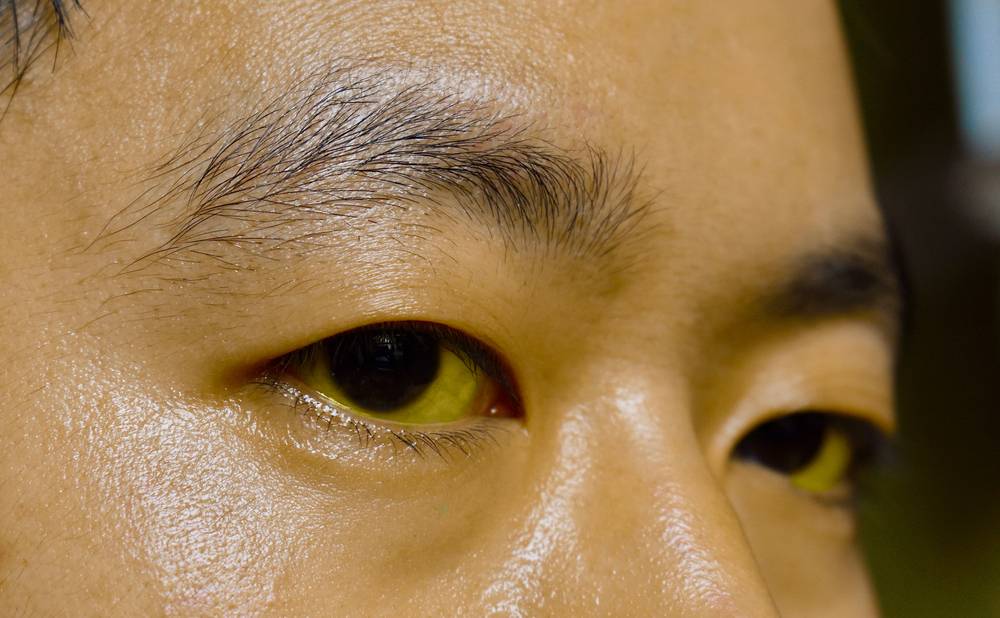
Hepatitis A is a viral liver infection that spreads through contaminated food, water, or poor hygiene. It can lead to symptoms like jaundice, nausea, and abdominal pain.
Hepatitis A is very common in areas with poor sanitation. This makes it endemic mostly in Africa and some Asian countries like China and India.
A complete hepatitis A vaccine is a two-dose vaccine given between 6 to 12 months apart. The first dose provides short-term protection, while the second dose given 6 months after the first dose, is necessary for long-term immunity. Start your vaccine series 4 weeks before your trip for short- and long-term protection.
While vaccination is the best prevention, practising good hygiene such as frequent handwashing especially after using the washroom, before eating or preparing food, are critical to prevent the spread of hepatitis A.
Who Should Take the Vaccine?
- International travellers to Asia, Africa, the Middle East, Central and South America, and Eastern Europe.
- Adventurous travellers who eat street food or stay in remote areas.
- Individuals with chronic liver disease or HIV (human immunodeficiency virus).
3. Typhoid Vaccine
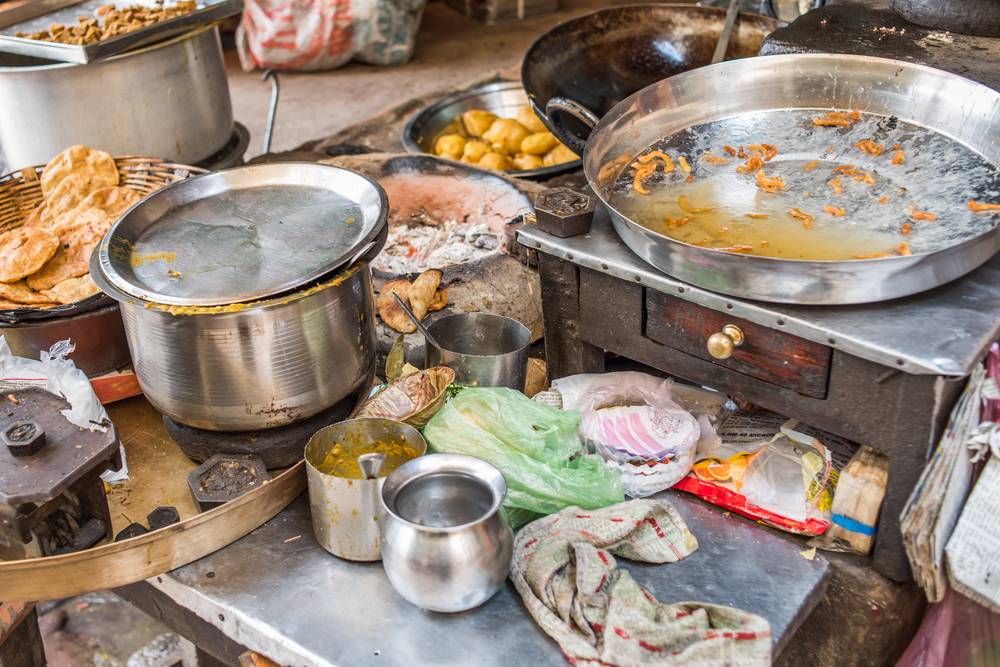
Typhoid fever, caused by the bacteria Salmonella typhi, is a severe infection contracted through contaminated food and water. The common presentations of typhoid fever are diarrhoea, fever, nausea and loss of appetite.
Typhoid fever often occurs in developing countries with poor sanitation. South Asian countries like India, Nepal and Bangladesh, are some of the endemic areas with typhoid fever outbreaks.
Typhoid vaccine comes in two forms: oral and injection.
- Oral typhoid vaccine is a live, weakened vaccine that offers protection for up to 5 years.
- 4 doses to be taken over a week, with one capsule on every alternate day
- Complete the last dose at least 1 week before travelling
- Injectable typhoid vaccine is an inactivated (killed) vaccine that can give protection for up to 2 years.
- Take a dose at least 2 weeks before travel
- Booster doses may be necessary every 2 years for people who are at high risk
Complete the vaccine 1–2 weeks before traveling and avoid tap water or raw foods during ravels.
Who Should Take the Vaccine?
- Travellers visiting high-risk countries such as: India, Nepal, Bangladesh, parts of Southeast Asia, Africa, the Caribbean, and Central and South America
- Food adventurers exploring local markets and unregulated eateries
- Individuals with a weakened immune system, e.g. on immunosuppressants
4. Yellow Fever Vaccine
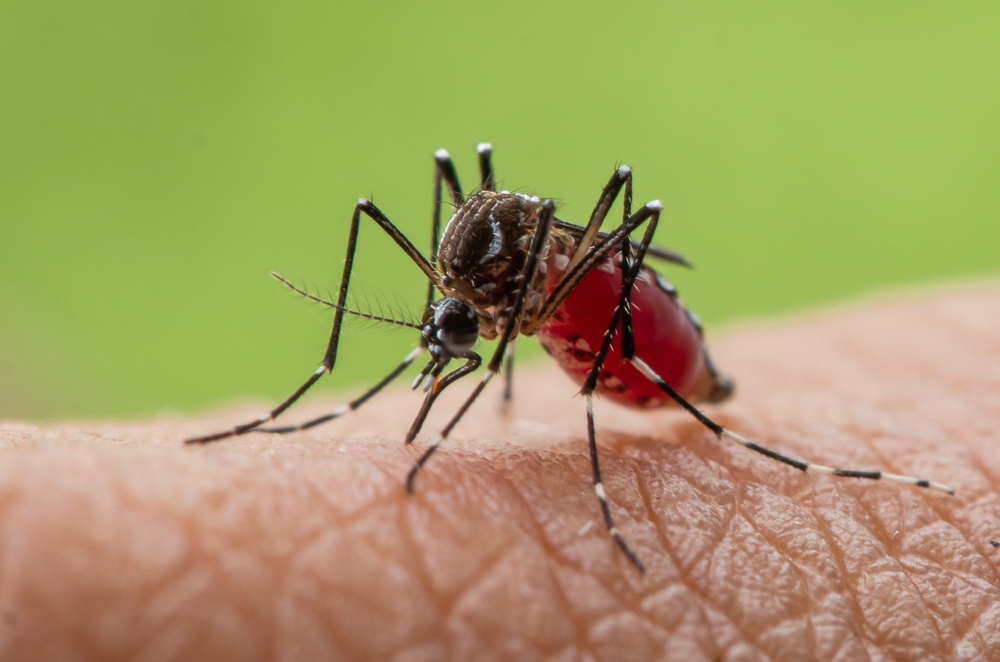
Transmitted by mosquitoes, yellow fever is life-threatening and endemic in parts of Africa and South America. Individuals infected with yellow fever commonly have fever, headache, chills, nausea and vomiting.
A single dose of yellow fever vaccine typically offers a lifetime of protection. Get vaccinated 10 days before your trip as the immunity takes time to develop.
Besides vaccination, taking precautions, such as using mosquito repellent, sleeping under mosquito net and wearing long-sleeved clothes are also ways to avoid mosquito bites.
Who Should Take the Vaccine?
- Individuals age above 9 with no weakened immune system, who are travelling to destinations with yellow fever outbreaks.
- Travellers visiting forested areas in rural parts of Africa (Kenya, Ghana) and South America (Panama, Peru).
- Anyone entering countries with Yellow Fever certificate requirements if transiting through risk areas.
5. Rabies Vaccine
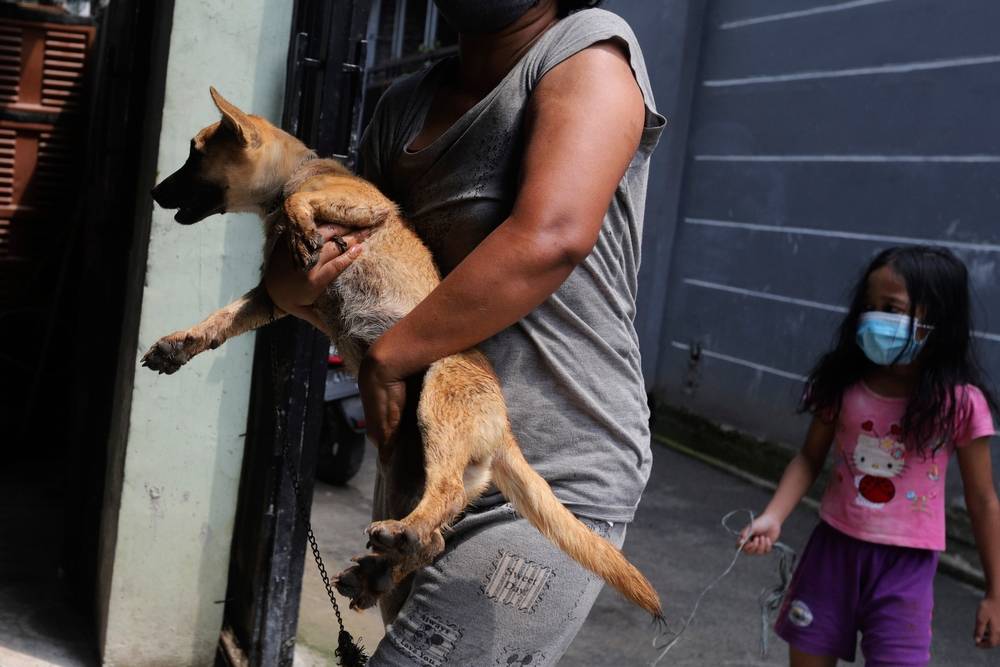
Rabies is a deadly viral infection transmitted through bites or scratches from infected animals, including dogs, bats, and monkeys. It is almost always fatal if not treated timely.
The early symptoms of rabies are weakness, fever and headache. More severe symptoms from brain dysfunction such as confusion, seizure and excessive salivation, will appear 2 weeks later after the initial symptoms if left untreated.
Rabies vaccines can be divided into pre-exposure and post-exposure.
- Pre-exposure vaccine is taken before potential exposure to rabies virus, taken 2 doses in a week. Individuals need to complete the vaccine at least 3 to 4 weeks before their trip. This gives protection against rabies for 3 years, and can be repeated if needed.
- Post-exposure vaccine is often given after a person is exposed to the virus to prevent fatality
Other than pre-exposure vaccination, travellers should avoid close contact with roaming stray or wild animals, or bats when visiting the caves.
Who Should Take the Vaccine?
- Backpackers, adventure travellers, or those working closely with animals in regions such as Southeast Asia, India, Africa, and South America.
- Travellers who plan to visit caves with potential contact with bats.
Ready For Your Next Trip?
Vaccines are highly effective in protecting your health while exploring the world. Plan ahead and schedule vaccinations 4–6 weeks before your departure to allow time for immunity to develop.
Always consult a doctor or clinics offering travel vaccines for a personalised vaccination plan tailored to your travel goals. Make every adventure memorable for the right reasons!

